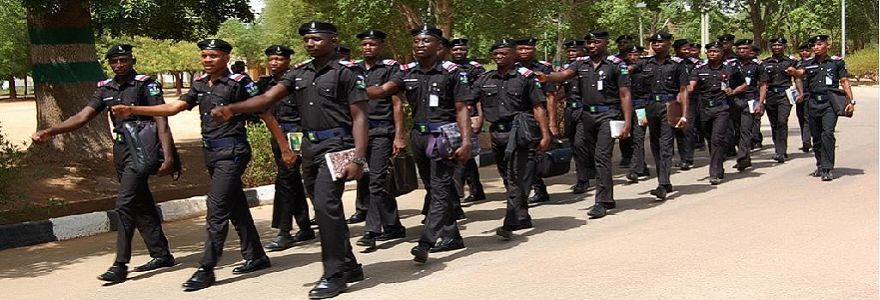

The cardinal point of any democratic government should be its commitment to the observance of the rule of law.
This should be in concrete terms as it relates to the everyday concerns of an average Nigerian citizen.
However, achieving a culture of strict adherence and observance of the rule of law requires that the laws must be reformed to ensure quick dispensation of justice to the people.
The police as an institution is paramount in this regard.
The Nigeria Police is the principal law enforcement and lead security agency in the country.
With a staff strength of three hundred and seventy-one, thousand eight hundred made up of thirty-six state commands and grouped into twelve zones, the Nigeria Police is expected to provide security for over two hundred million populace.
The police derive its function from section two hundred and fourteen of the constitution of the Federal Republic of Nigeria as amended.
Over the years, public perception of the police as corrupt, incompetent and weak to adequately maintain law and order within the civil society has plagued the force.
This development has necessitated the setting up of various reforms committee aimed at better policing and internal reforms of the police.
In all the reports of the various committees, there is a consensus on the need to professionalise the police.
The icing on the cake is the Nigeria Police Act 2020 which was signed into law by President Muhammadu Buhari in September this year.
Major highlights of the act are to make the police effective and comply with the principle of accountability, transparency, as well as protection of human rights and freedom.
It is noteworthy to point out that there is virtually no aspect of the Nigeria Police that has not been subject of extensive discourse and recommendations by high level government committees in the past.
The problem is implementation and this is a serious issue.
Therefore, the major challenge before President Buhari today is to transform the Nigeria Police into a true public service agency.
The ultimate objective of people reform in Nigeria must be the shift from a colonial and militaristic policing system to a democratic structure where the police work primarily for public interest.
To do this, neutrality and autonomy of the police must guaranteed.
The security agency must be protected from external, undue interventions by politicians and very important personalities to perform their functions effectively and efficiently.
Police welfare package, working environment, improved salaries, training and retraining, life insurance scheme will go a long way to make police officers perform their duties diligently, less corrupt and be dignified in their chosen profession.
Tayo Sanni